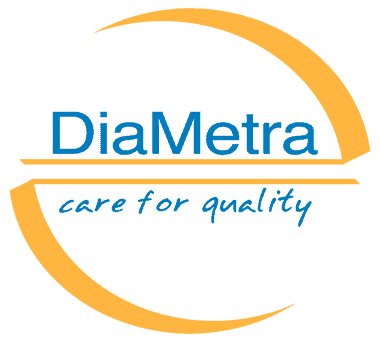Key Features and Values
– Same sample type can be used across all assays to simplify inclusion into routine serology work-up
– Ready to use reagents reduces hands-on time for assay preparation
– Long shelf life cost-effective solution by reducing wastage due to expired kits
– Suitable for inclusion on automated plate systems simplifies scale-up of test volume
– Supported by a complete panel of assays for supporting treatment monitoring of several forms of hormonal dysfunctions
Product Description
TSH ELISA is an immunoenzymatic colorimetric method for the quantitative determination of thyroid-stimulating hormone (TSH, thyrotropin) concentration in human serum or plasma. TSH ELISA kit is intended for laboratory use only.
Scientific Description
Publications
1. Merck Manual of Diagnosis and Therapy, Thyroid gland disorders
2. Pirahanchi Y, Jialal I. Physiology, Thyroid Stimulating Hormone (TSH) [Updated 2018 Oct 27]. In: StatPearls [Internet]. Treasure Island (FL): StatPearls Publishing; 2019 Jan-. Available from: https://www.ncbi.nlm.nih.gov/books/NBK499850/
3. Walsh JP. Managing thyroid disease in general practice. Med J Aust. 2016 Aug 15;205(4):179-84
4. Kahaly GJ, Bartalena L, Hegedüs L, Leenhardt L, Poppe K, Pearce SH. 2018 European Thyroid Association Guideline for the Management of Graves’ Hyperthyroidism. Eur Thyroid J. 2018 Aug;7(4):167-186

